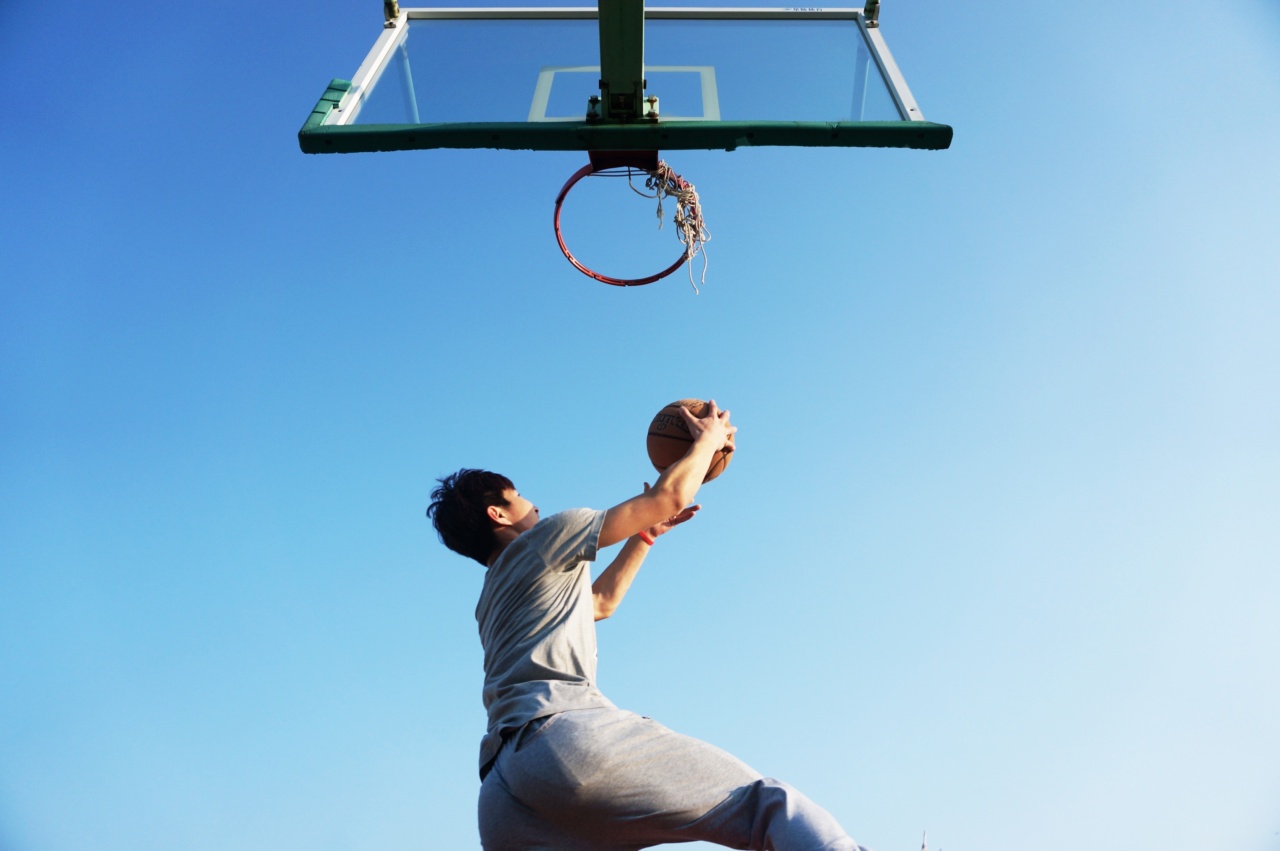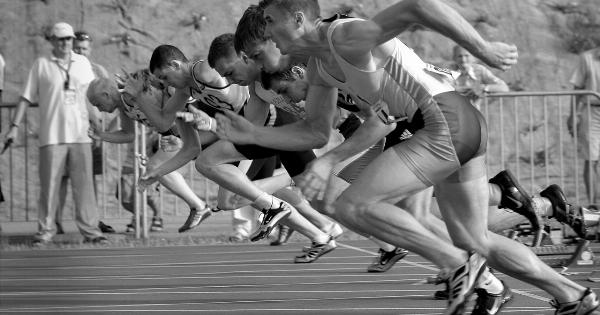Sports have always been recognized for their physical benefits, but did you know they can also enhance your memory? Engaging in sports that require mental strategies and quick decision-making can actually strengthen your brain’s ability to recall information and improve cognitive function. In this article, we will explore the world of brain games on the court and how they can boost your memory.
The Connection Between Sports and Memory
Physical exercise has long been associated with cognitive benefits, such as improved attention, enhanced problem-solving skills, and increased working memory capacity.
But recent studies have shown that certain sports that involve strategy, coordination, and constant decision-making have an even more profound impact on memory.
Basketball: A Mental Workout
Basketball is a sport that requires players to constantly assess their surroundings, adapt to changing situations, and make split-second decisions.
These actions engage the prefrontal cortex, the part of the brain responsible for executive functions such as planning, organizing, and memory consolidation. Regularly playing basketball can strengthen these cognitive abilities, leading to improved memory and mental sharpness.
Tennis: A Game of Strategy
Tennis is not only a physically demanding sport but also a highly strategic one. Players need to quickly analyze their opponent’s movements, anticipate shots, and strategize their own plays.
These mental processes activate various areas of the brain, including the hippocampus, which is pivotal for spatial memory and long-term memory formation. By engaging in regular tennis matches, players can enhance their memory recall and retention abilities.
Chess: Exercising the Mind
While not traditionally categorized as a sport, chess is undoubtedly a brain game that demands immense mental prowess. Playing chess stimulates both sides of the brain, activating various neural connections.
The constant need to visualize future moves and plan ahead exercises the brain’s memory centers, improving both short-term and long-term memory. Regular chess practice has been found to boost cognitive function and memory performance.
Volleyball: Coordination and Communication
Volleyball is a team sport that requires coordination, communication, and spatial awareness. Players need to keep track of their teammates’ positions, respond quickly to the ball’s trajectory, and adjust their actions accordingly.
These mental processes engage the brain’s motor and sensory areas, reinforcing neural connections and improving memory encoding and retrieval. Regular participation in volleyball games can have a positive impact on memory function.
Soccer: Speed and Strategy
Soccer, or football in many parts of the world, is a sport that demands split-second decision-making, tactical planning, and constant awareness of the game’s dynamics.
Players need to remember plays, anticipate their opponents’ moves, and execute strategies accordingly. The combination of physical exertion and mental engagement in soccer exercises the brain’s memory circuits, enhancing memory consolidation and improving cognitive flexibility.
Golf: Precision and Focus
Golf is often considered a sport of precision and focus. Players need to analyze the course, assess environmental factors, and calculate the slightest variations in their swings.
These mental processes involve the brain’s attentional systems, which play a crucial role in memory formation. The concentration and focus required in golf sharpen the brain’s ability to store and retrieve information, resulting in improved memory function.
Table Tennis: Reflexes and Hand-Eye Coordination
Table tennis, also known as ping pong, is a fast-paced sport that demands quick reflexes, hand-eye coordination, and split-second decision-making.
The constant movement, precise shots, and rapid thinking required in table tennis engage the brain’s motor cortex and cerebellum. These brain regions are involved in coordinating movements and consolidating procedural memories. Regular table tennis practice can enhance memory function by strengthening these neural circuits.
Badminton: Agility and Mental Agility
Similar to table tennis, badminton requires agility, quick reflexes, and mental agility. Players must react swiftly to the shuttlecock’s movements, make instantaneous decisions, and anticipate their opponent’s actions.
The mental processes involved in badminton, such as attentional shifting and working memory, engage several areas of the brain. Regularly participating in badminton matches can improve memory recall and cognitive flexibility.
Swimming: Brain Boost in the Pool
Swimming may not seem like a sport that directly impacts memory, but its benefits extend beyond physical fitness.
The rhythmic strokes and continuous body movements involved in swimming stimulate the brain’s hippocampus, which is crucial for memory and spatial navigation. Regular swimming sessions can enhance memory consolidation, improve cognitive function, and reduce the risk of age-related memory decline.
Running: Boosting Neurogenesis
While running is primarily known for its cardiovascular benefits, it also has a positive impact on memory. Aerobic exercises like running promote the production of new neurons in the brain, a process called neurogenesis.
These newly formed cells contribute to improved memory function and overall cognitive health. Regular running not only enhances physical fitness but also strengthens memory and mental agility.
Conclusion
Engaging in sports that require mental strategies, quick decision-making, and physical exertion can have a profound impact on memory function.
Whether it’s basketball, tennis, chess, or any other sport mentioned, the combination of cognitive engagement and physical activity strengthens the neural circuits associated with memory formation, retrieval, and consolidation. Make time for brain games on the court, and reap the benefits of an active and sharp mind.






























